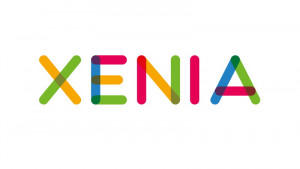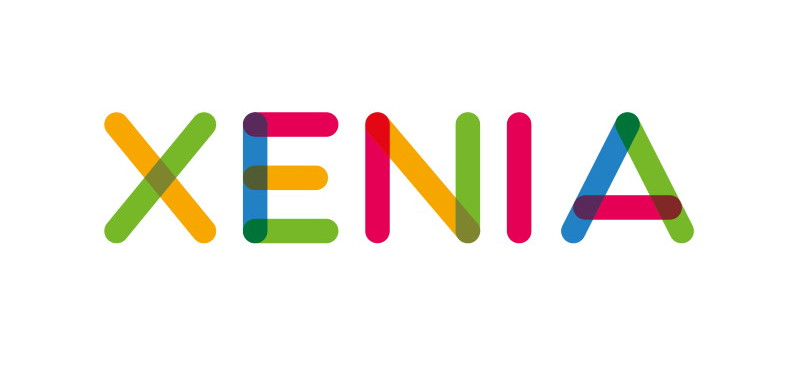 Basic Science, Technology, Engineering, Mathematics (STEM) competences are critical for succeeding in most of the technical, engineering and even management related jobs, therefore STEM education is the main competence source for scientists, engineers, and workers with technological skills. Thus, there is a lot of research within educational and research community regarding students’ gender differences in STEM/STEAM fields and education. However, research on gender differences regarding STEM/STEAM educators is limited.
Basic Science, Technology, Engineering, Mathematics (STEM) competences are critical for succeeding in most of the technical, engineering and even management related jobs, therefore STEM education is the main competence source for scientists, engineers, and workers with technological skills. Thus, there is a lot of research within educational and research community regarding students’ gender differences in STEM/STEAM fields and education. However, research on gender differences regarding STEM/STEAM educators is limited.
A study conducted by Natalia Spyropoulou, Phd Candidate and Prof. Achilles Kameas from the Hellenic Open University (HOU), partner of the XENIA project, investigated educators’ perceptions about the role of a STE(A)M educator, along with the challenges and the professional development needs. Drawing on an online survey, based on specially designed close-ended and open-ended questions, the researchers analyzed the educators’ views in order to understand critical factors and to provide more insight regarding the successful preparation of STE(A)M educators. Additionally, they investigated the association between gender status and their perceptions. The sample of this research includes 59 educators (26 females, 33 males), who have been involved in the implementation of STE(A)M educational programs in Greece.
The results of this study concerning challenges and difficulties did not confirm a significant difference with respect to participants’ gender. However, some differences are identified between professional development needs. For example, a higher percentage of female educators (42.3%) required professional development in the topic “Engineering for Education” than male educators (33.3%). Regarding participants’ perception about the role of STE(A)M educator, the results identified gender differences in the Teaching and Learning (TEL) competences’ category, indicating that females find more important educators competences that are related to the teaching and learning than males responders.
More info and relevant publications about this study can be found here.
XENIA Erasmus+ Project will develop and test an innovative tool that will support Europe’s Higher Education Institutions (HEIs) in evaluating their level of inclusiveness for students, and furthermore staff and teachers, with a target to achieve a more open and safe society for gender and sexual minorities.

